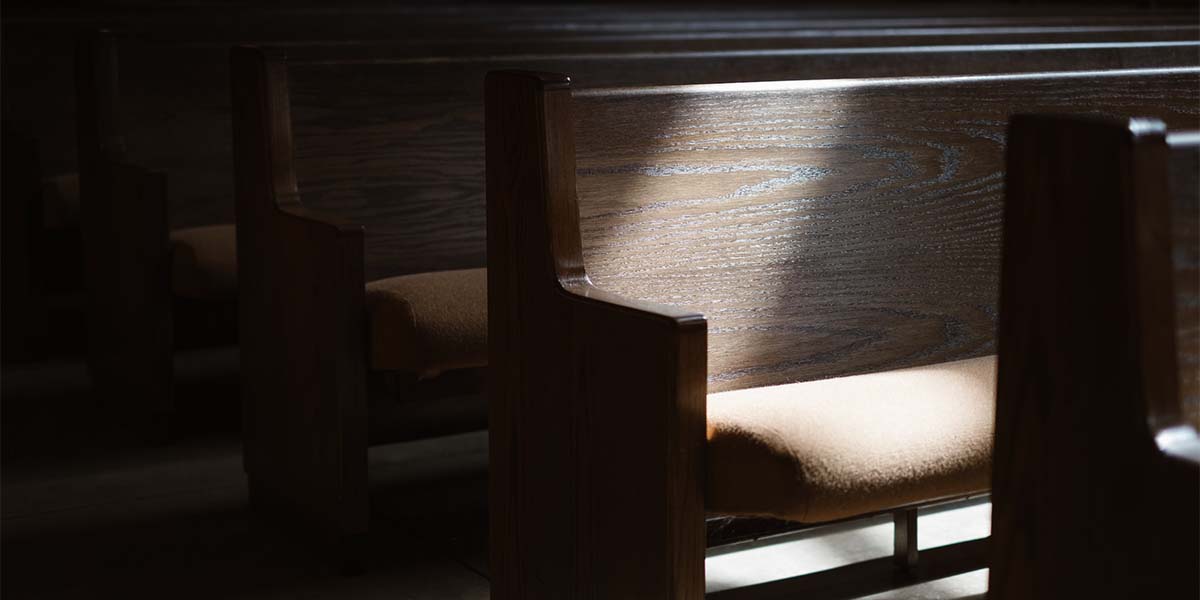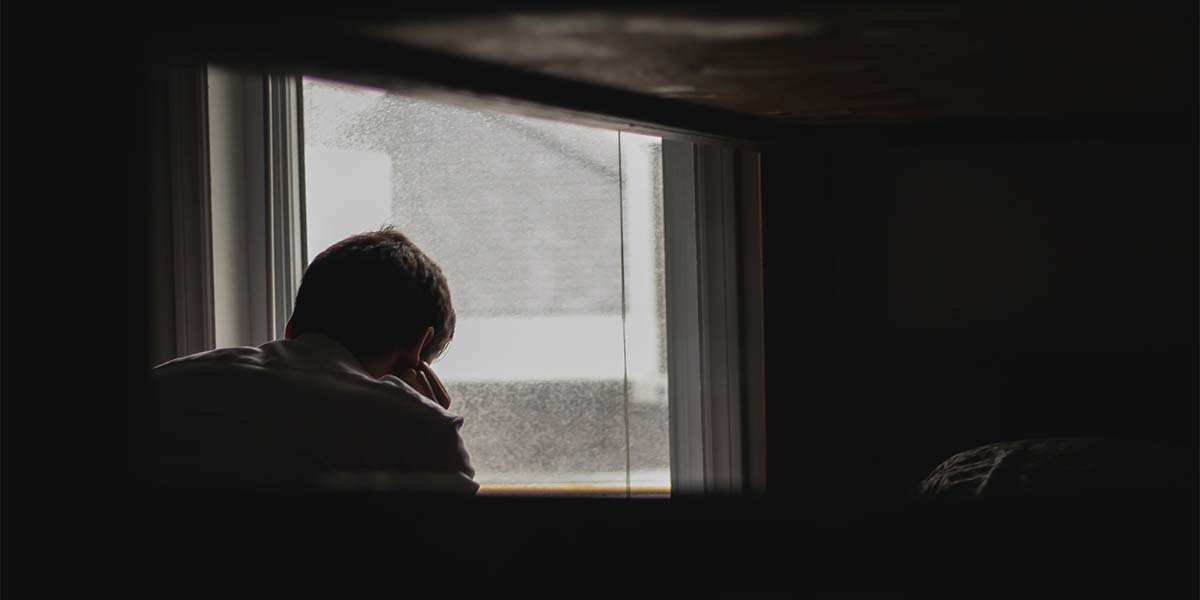
Restoring Self and Spirituality After Religious Trauma
Religion can provide a community to build a sense of connection as well as a sense of direction during times of uncertainty. It provides many people with comfort, peace, identity, and purpose. It While there are many benefits to being a part of a belief system, one often diminished topic is the significant level of emotional distress and trauma that some members can experience within different religious practices -- an issue known as spiritual or religious trauma. It is very important to highlight that just because someone wants to heal from religious trauma does not mean they must abandon their belief system or spiritual practice.
What Is Religious Trauma?
Religious or spiritual trauma refers to the negative consequences a person experiences from different spiritual teachings, how authority figures within their religious practices have treated them, or how various instructions or beliefs can cultivate guilt, shame, fear, or other emotional distress within their community. These hurts can come from intentional acts of abuse or control and unintentional acts unknown to the other members or leaders of these groups.
The effects that someone experiences from religious trauma can be devastating. People who have gone through these types of experiences often have difficulty relating to or trusting others, struggle to hold a stable sense of self, and experience shame related to their actions. Other symptoms that can come from experiencing religious or spiritual trauma include anxiety, depression, or experiences that replicate symptoms of post-traumatic stress disorder (PTSD).
What Causes Religious Trauma?
How would someone develop religious trauma? Obviously, everyone's experience can be different. Some individuals experience this when they grow up in a strict spiritual environment that instills beliefs of judgment, forced conformity, eternal damnation for choices they make, or were taught to suppress their natural desires and autonomy to align with the belief. Others can experience manipulation, betrayal within their religious communities, emotional or physical abuse, and sexual abuse, resulting in deep emotional wounds and a loss of faith.
Belief systems often create a structure to help those who follow it clarify what choices to make to uphold the community's beliefs or morals. However, this same rigidity often leads people to feel trapped or “less than” if they doubt or disagree with its principles or when someone continues to deny themselves the space to feel what they are experiencing and then shame themselves for experiencing those feelings without exploring or understanding the "why," It can cultivate an environment for mental health problems to thrive.
Can You Recover From Religious Trauma?
The journey of recovering from religious trauma is unique to each person. It will include deconstructing their personal beliefs, restoring a sense of self-worth, establishing healthy boundaries within their religion, and, if possible, rebuilding their spirituality or religious practices.
While painful, to recover and heal from religious trauma an individual must acknowledge how it is present within their life and how it influences how they view their world and themselves. It takes the person confronting painful memories and the emotional distress that comes with their religious experiences. It is critical to do this with the support of a mental health professional who specializes in trauma-informed care.
Many of those who recover from spiritual trauma find rest in the belief system they've been able to redefine and are able to explore new ways to connect with their higher power so that they can continue to experience the sense of community guidance and peace they once had in their belief system associated with their relationship they have with their higher power.
If you or someone you know is struggling with religious trauma, remember you're not alone! Reach out to those who support you and find a mental health professional specializing in spiritual trauma or trauma-informed care to begin deconstructing, redefining, and reestablishing yourself within your belief system to create something sustainable, dependable, and supportive of you.
If you have experienced religious trauma and would like to find a safe space for support, read about my approach to counseling or request an appointment with me at Lifeologie Counseling Austin.

About Calvin Burns
Calvin Burns, MA, LPC, LCDC-I, earned his BA in Psychology with a minor in Human Development and Family Studies from Texas Tech University and earned his Master's in Counseling from Dallas Theological Seminary. He specializes in disordered eating, addictive behaviors, depression, anxiety, parenting support, adolescents/emerging adults, and couples counseling. He brings unwavering hope to his clients, and firmly believes that people can change and their stories can be rewritten. He sees adolescents, young adults, adults, couples and families at Lifeologie Counseling Austin.
Meet Me.png)



